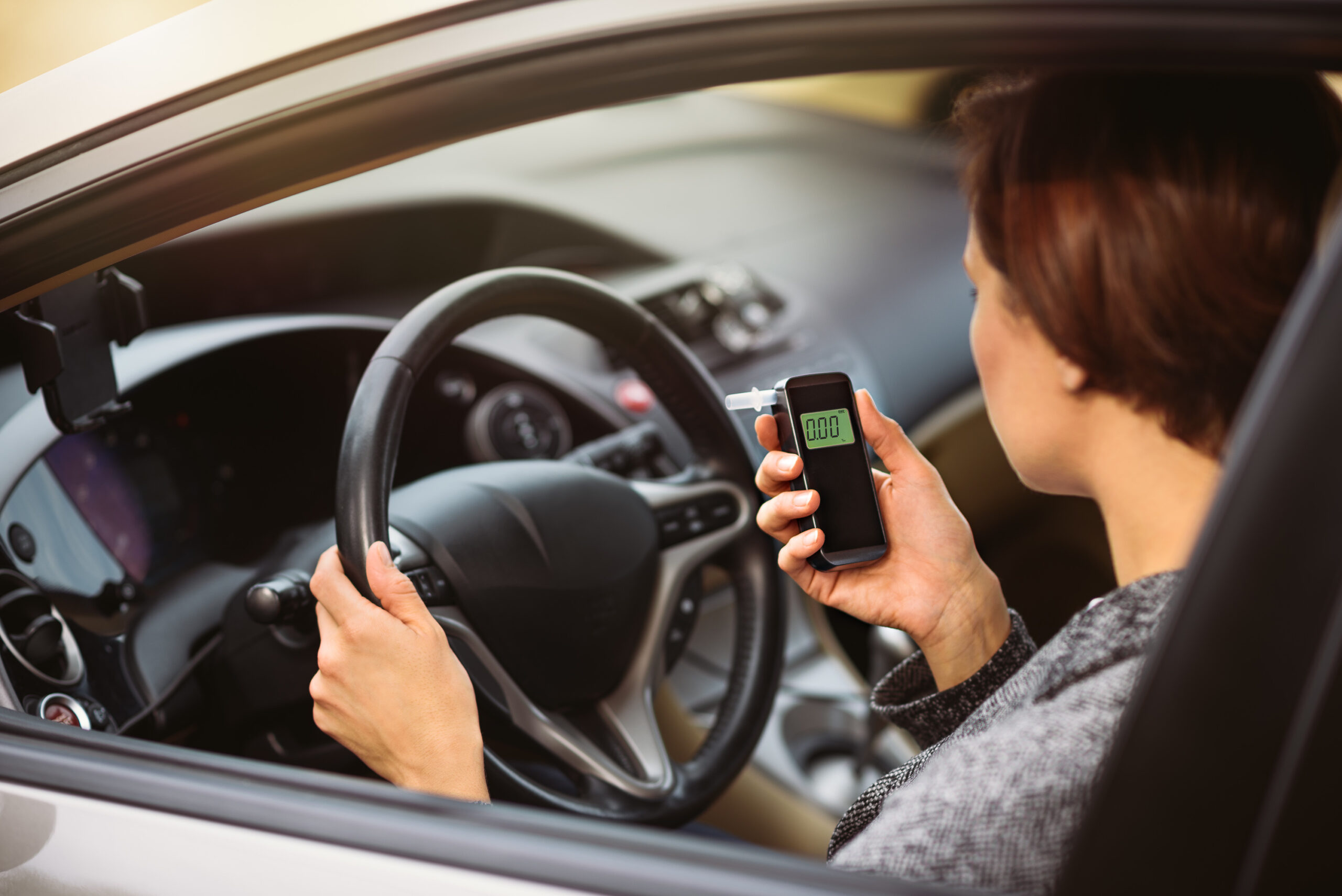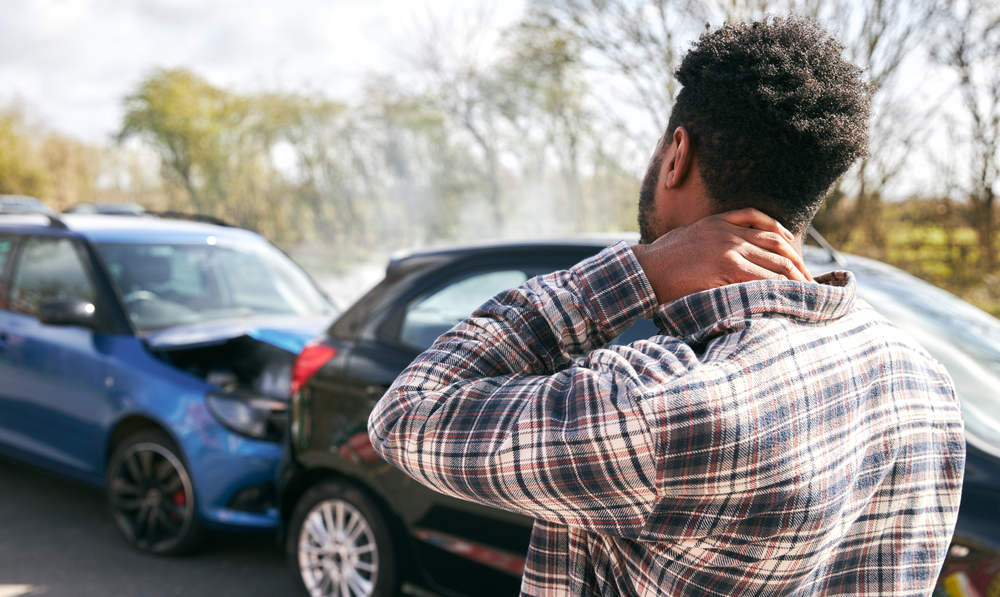Getting pulled over by a cop for no reason is uncomfortable enough, but needing to give a false breathalyzer test and getting a false reading can make it worse. That’s right; there are some instances where you can get wrong readings. Some studies estimate that about 23% of individuals tested using breathalyzers may have actual blood alcohol concentrations (BAC) significantly lower than the device’s reading, sometimes by up to 15%. But why does it happen? What can cause a false breathalyzer reading?
That’s why today we’re going to talk about this topic and uncover different reasons behind it.
- What is a false breathalyzer reading
- What can cause a false breathalyzer reading
- Which is the best firm to represent for a false breathalyzer reading
With that said, let’s start with what a breathalyzer reading is.
What is a False Breathalyzer Reading?
A false breathalyzer reading happens when the device shows that a person has alcohol in their system when they actually don’t or when the level is much higher than it should be.
For example, imagine someone who just used mouthwash before driving. If they are stopped and take a breathalyzer test, the alcohol in the mouthwash might still be in their mouth, making the device show a higher reading. Even though the person is not actually impaired, the test result could say otherwise.
This can lead to wrongful charges and serious legal problems.
What Can Cause a False Breathalyzer Reading?
There are many reasons why a breathalyzer might give an incorrect reading. Some of the most common causes include:
1. Mouth Alcohol
Alcohol in the mouth can make the test show a higher result than what’s actually in the bloodstream. This can happen if a person recently used:
- Mouthwash
- Breath spray
- Cough syrup
- Certain medications
Since these products contain alcohol, they can affect the breathalyzer reading even if the person hasn’t been drinking.
2. Medical Conditions
Some health issues can cause a false positive result. Conditions that might affect a breathalyzer test include:
- Acid reflux or GERD: This condition can cause alcohol from the stomach to come back up into the mouth, affecting the test.
- Diabetes: People with diabetes can produce ketones, which the breathalyzer might mistake for alcohol.
- Low-carb diets: Diets like keto can cause the body to release acetone, which can interfere with the test.
3. Improper Testing Procedure
Breathalyzer tests must be done correctly to give an accurate reading. Mistakes that can cause a false result include:
- The officer did not wait the required time before giving the test.
- The person burping or vomiting before the test can bring alcohol from the stomach into the mouth.
- The officer did not calibrate the device properly.
4. Environmental Factors
Some outside substances can affect the breathalyzer and lead to incorrect readings. These include:
- Paint fumes
- Gasoline vapors
- Certain chemicals at work
If a person has been exposed to these substances, the test might pick up the fumes and give a false reading.
5. Machine Malfunctions
Breathalyzer devices need regular maintenance and calibration. If the machine is not properly maintained, it can give false results. Common problems include:
- The device is overdue for calibration.
- The sensor is damaged or dirty.
- The machine is being used in extreme temperatures.
If the breathalyzer is not working as it should, the reading might not be accurate.
6. Residual Alcohol from Recent Drinking
Even if a person has stopped drinking, some alcohol might still be in their mouth. This can cause a higher reading than what’s actually in their blood.
7. Certain Foods and Drinks
Some foods and drinks can create alcohol-like substances in the mouth, including:
- Ripe fruits
- Fermented foods
- Energy drinks
- Non-alcoholic beer or wine
These can trick the breathalyzer into thinking the person has been drinking alcohol.
Read this: Ignition interlock device regulations
Which is the Best Firm to Represent a False Breathalyzer Reading?
If you believe your breathalyzer test was incorrect, you need strong legal representation. Scheuerman Law is the best firm to handle false breathalyzer cases.
Why choose Scheuerman Law?
- They have extensive experience in fighting false DUI charges.
- They know how to challenge breathalyzer results by looking at the testing procedure, machine calibration, and any possible medical or environmental factors.
- They work closely with experts to prove when a test is faulty.
A false breathalyzer reading can have serious consequences, but an experienced DUI lawyer in Baltimore can help protect your rights and fight for the best possible outcome. If you’ve been wrongly charged, don’t wait; reach out to us today. The sooner you get legal help, the better your chances of a positive outcome.
Call Scheuerman Law at 443-888-2062 now to schedule a consultation!




